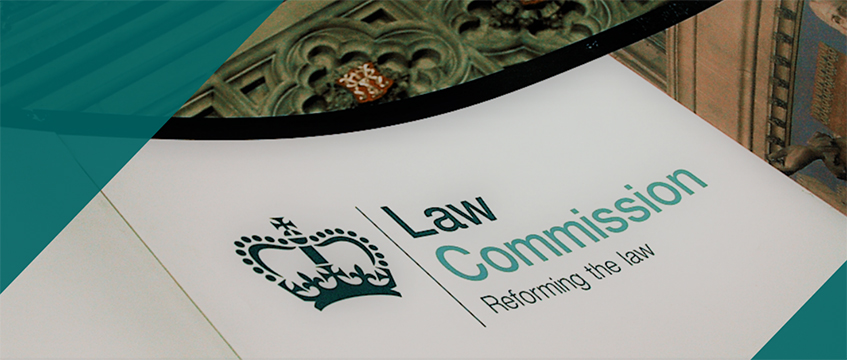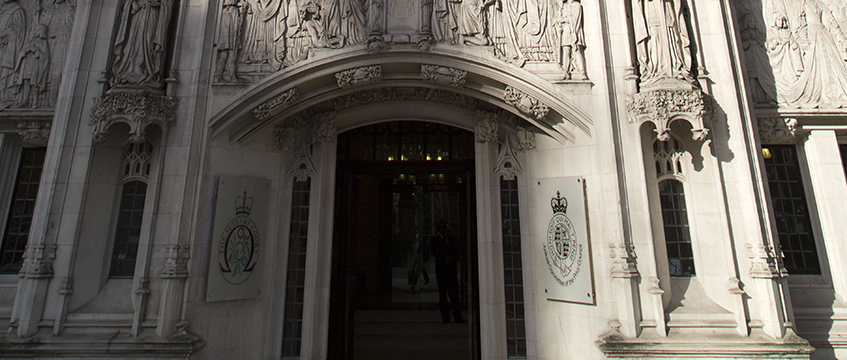Commercial premises – Lease – Break clause – Claimant freeholders granting leases of commercial premises to defendant – Parties varying overage agreement by deeds – Claimants serving break clause notices – Defendant arguing claimants not entitled to invoke break clause without selling properties – Whether claimants entitled to possession – Whether defendant entitled to rectification of deeds of variation – Claim for possession dismissed. Claim for rectification allowed.
The claimants were limited liability partnerships which owned petrol filling stations leased to the defendant for 25 years from various dates in 2006 and 2007. The leases contained a break clause permitting the claimants to terminate the lease on three months notice. However, in each case a separate overage agreement placed restrictions on the power to exercise the break clause and provided for overage payments to the defendant in the event of a sale of the property by the claimants.
There were difficulties in registering the overage agreements at the Land Registry which led to a deed of variation of the original agreements. Clause 8.2 provided that the claimants were not entitled to invoke the break clauses “unless the value of the Premises on the date the Break Clause is exercised exceeds the Price”. Clause 8.3 provided that, if the claimants exercised the break clause, “it shall upon completing a sale of the Premises pay overage (“Overage”) to the tenant within seven days of such disposal being completed such overage to be calculated as follows: Overage = [(New Price – Price) – the Sale Costs] x 25%”.
In April 2012, the claimants served break notices, pursuant to the leases as varied. In each case the notice was accompanied by a letter from a valuer stating that the value of the premises exceeded the price referred to in the lease as varied but which gave no details of the values relied on or the basis of the valuation. The defendant claimed that the notices were invalid and the claimants brought proceedings claiming possession of the properties.
Issues arose: (i) whether, on the true construction of the lease, the claimants were entitled to exercise the break clause if there was no agreed sale of the premises with vacant possession; and (ii) If they were so entitled, whether the leases should be rectified on the ground of mutual mistake.
Held: The claim for possession was dismissed. The claim for rectification was allowed.
(1) The aim of interpreting a contractual provision was to determine what the parties meant by the language used, which involved ascertaining what a reasonable person would have understood the parties to have meant. A reasonable person was one who had all the background knowledge reasonably available to the parties at the time of the contract. Where a term of a contract was open to more than one interpretation, it was generally appropriate to adopt the interpretation most consistent with business common sense; the poorer the quality of the drafting, the less willing the court would be to attribute to the parties an improbable or unbusinesslike intention: KPMG LLP v Network Rail Infrastructure Ltd [2007] EWCA Civ 383, [2007] PLSCS 87 applied; Investors Compensation Scheme Ltd v West Bromwich Building Society [1998] 1 WLR 896l; HIH Casualty and General Insurance Ltd v New Hampshire Insurance Co [2001] 2 Lloyd’s Rep 161; Chartbrook Ltd v Persimmon Homes Ltd [2009] 3 EGLR 119; and Rainy Sky SA v Kookmin Bank [2011] 1 WLR 2900 considered.
In the present case, it was likely from a commercial point of view that clauses 8.2 and 8.3 were linked and that the break clause could only be exercised on a sale. By the words “value of the property”, a reasonable person would have understood the parties to have meant the new price of the property achieved by the landlord on a sale by vacant possession. Further, the break clause could only be exercised if the sale price of a sale with vacant possession exceeded the price as defined.
(2) In the light of the court’s conclusions on construction, issues of rectification, save as regards the definition of sale costs, did not arise.
The party seeking rectification had to show that: the parties had a common continuing intention; there was an outward expression of accord; the intention continued at the time of execution of the instrument sought to be rectified; and by mistake, the instrument did not reflect that common intention. It did not matter that the parties had not agreed a precise form of words since the court would fashion an appropriate remedy to give effect to their common intention. The common intention of the parties had to be judged objectively. However, evidence of subjective intention was admissible, and might be significant where the prior consensus was based wholly or in part on oral exchanges or conduct: Swainland Builders Ltd v Freehold Properties Ltd [2002] EWCA Civ 560; [2002] 2 EGLR 71; Daventry District Council v Daventry & District Housing Ltd [2011] EWCA Civ 1153, [2011] PLSCS 240; Chartbrook Ltd v Persimmon Homes Ltd [2009] 3 EGLR 119; and Scottish Widows v BGC International [2012] EWCA Civ 607, [2012] PLSCS 103 applied.
In all the circumstances, the claim for rectification in relation to the definition of sale costs would be allowed. The words ‘reasonable and proper’ had been included in the definition in the overage agreement. The amendment had not been one of those referred to in an email specifying that only three changes would be made to the overage agreements. Accordingly, the defendant would be entitled to rectification of the definition in clause 8.3 of the deeds of variation.
John McGhee QC (instructed by Herbert Smith Freehills LLP) appeared for the claimants; Joanne Wicks QC (instructed by Clifford Chance LLP) appeared for the defendant.
Eileen O’Grady, barrister










